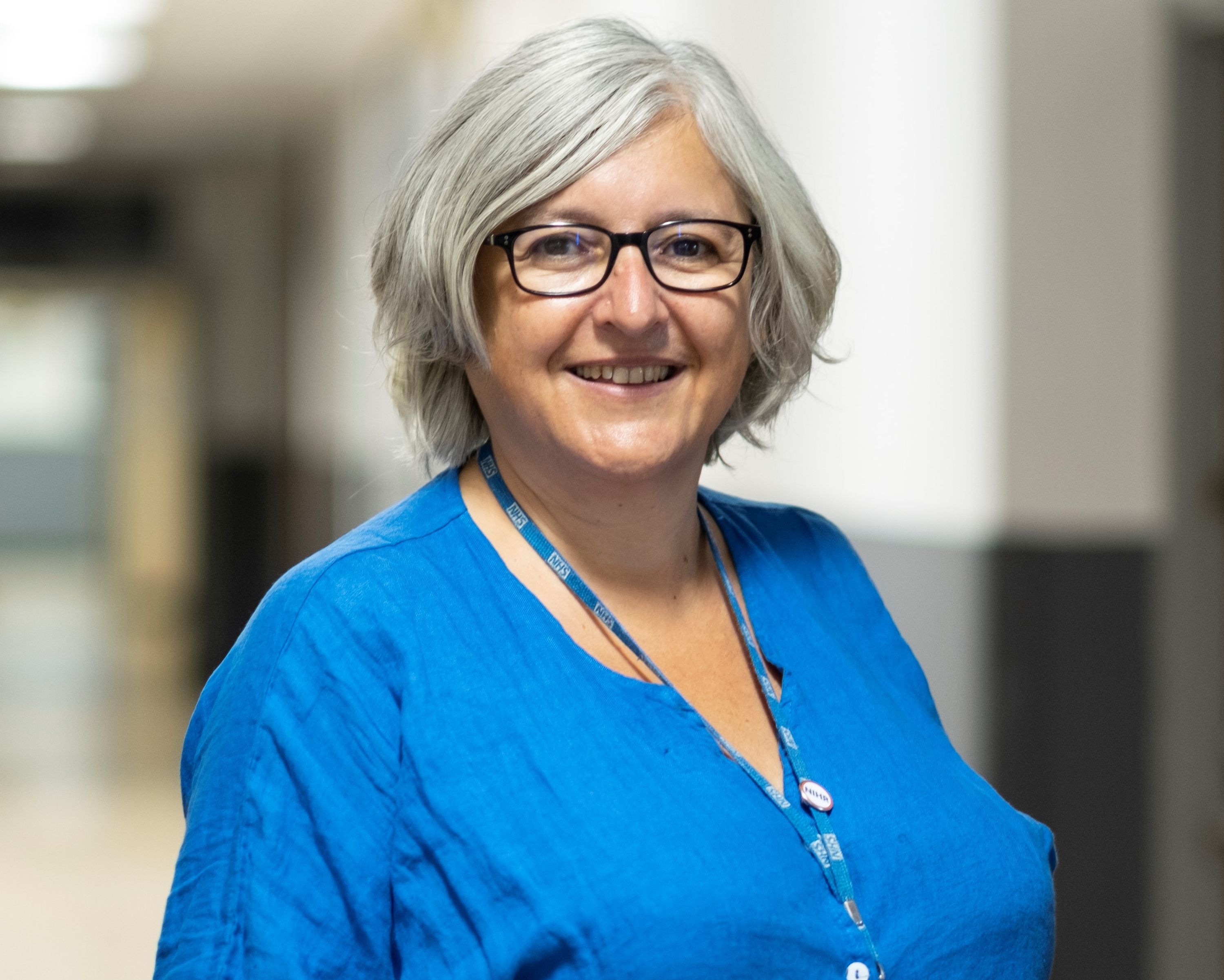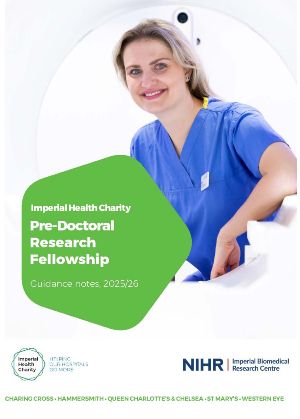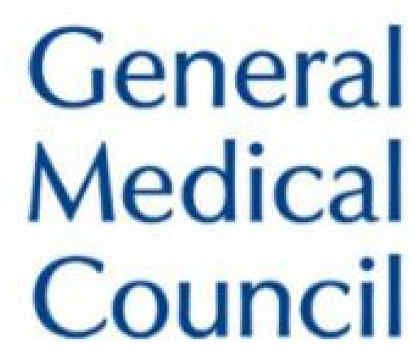RESEARCH - MAGNETIC RESONANCE IMAGING (MRI)
 What stage of your research career are you currently at, and what are your research interests?
What stage of your research career are you currently at, and what are your research interests?
I am currently in my third year of a part-time PhD program. My research interests are primarily focused on Magnetic Resonance Imaging (MRI) and the application of innovative techniques in the context of treatment planning and delivery. As a lecturer at the University of Exeter, I teach in the BSc Medical Imaging (Diagnostic Radiography) program and the Diagnostic Radiographer Degree Apprenticeship. My educational background includes a degree from Milan, Italy, and a Master’s degree with distinction from Glasgow. My ongoing PhD project centres around MRI and Radiotherapy, reflecting my deep interest in these areas.
How did you get into research?
My passion for research was ignited during my undergraduate studies. I was fortunate to receive an opportunity to work with the university, which laid the foundation for my PhD journey. The hands-on experience and exposure to academic research during this period were pivotal in shaping my research career.
What do you enjoy about research?
One of the aspects I enjoy most about research is delving into various methodologies and understanding the impact of research on clinical practice. The process of exploring innovative techniques and seeing their potential to improve patient outcomes is incredibly fulfilling.
What challenges do you face as a researcher?
Time management is a significant challenge for me. Balancing the demands of research with teaching responsibilities requires careful planning and realistic goal-setting. Managing my expectations and setting achievable targets within my time constraints has been crucial in maintaining progress in my research.
What difference has your research training and experience made to your career?
My research training and experience have significantly enhanced my research skills and boosted my confidence as a researcher. These experiences have equipped me with a robust skill set that is essential for conducting high-quality research and contributing meaningfully to the academic community.
What do you think is the greatest misconception about clinical academia?
A common misconception about clinical academia is that it is reserved for highly experienced researchers. However, my journey has shown that with dedication and the right opportunities, emerging researchers can also make significant contributions to the field.
How has research changed your clinical practice?
Research has led me to critically evaluate our clinical practices and explore evidence-based innovations. This approach ensures that we continuously improve patient care and stay abreast of the latest advancements in the field.
What has made a difference to progressing your research career?
Being involved with the University of Exeter and its vibrant research environment has been instrumental in advancing my research career. The support and resources available have enabled me to pursue my research interests effectively.
Where do you see your clinical academic career going over the next few years?
Looking ahead, I aim to complete my PhD and continue my research with the goal of securing a fellowship. I am committed to advancing my research in MRI and Radiotherapy, contributing to the academic community, and improving clinical practices through innovative research.
Ifraax Abdi Osman, Lecturer in Medical Imaging, HCPC Radiographer, University of Exeter, i.abdi-osman@exeter.ac.uk
Useful links
Contact us
The CATO Team and Radiographers Incubator work on a Hybrid model, combining days in the office with days working from home – the best way to reach us is by email.
cato@imperial.ac.uk
radresearch@imperial.ac.uk
+44 (0)20 3313 7397



